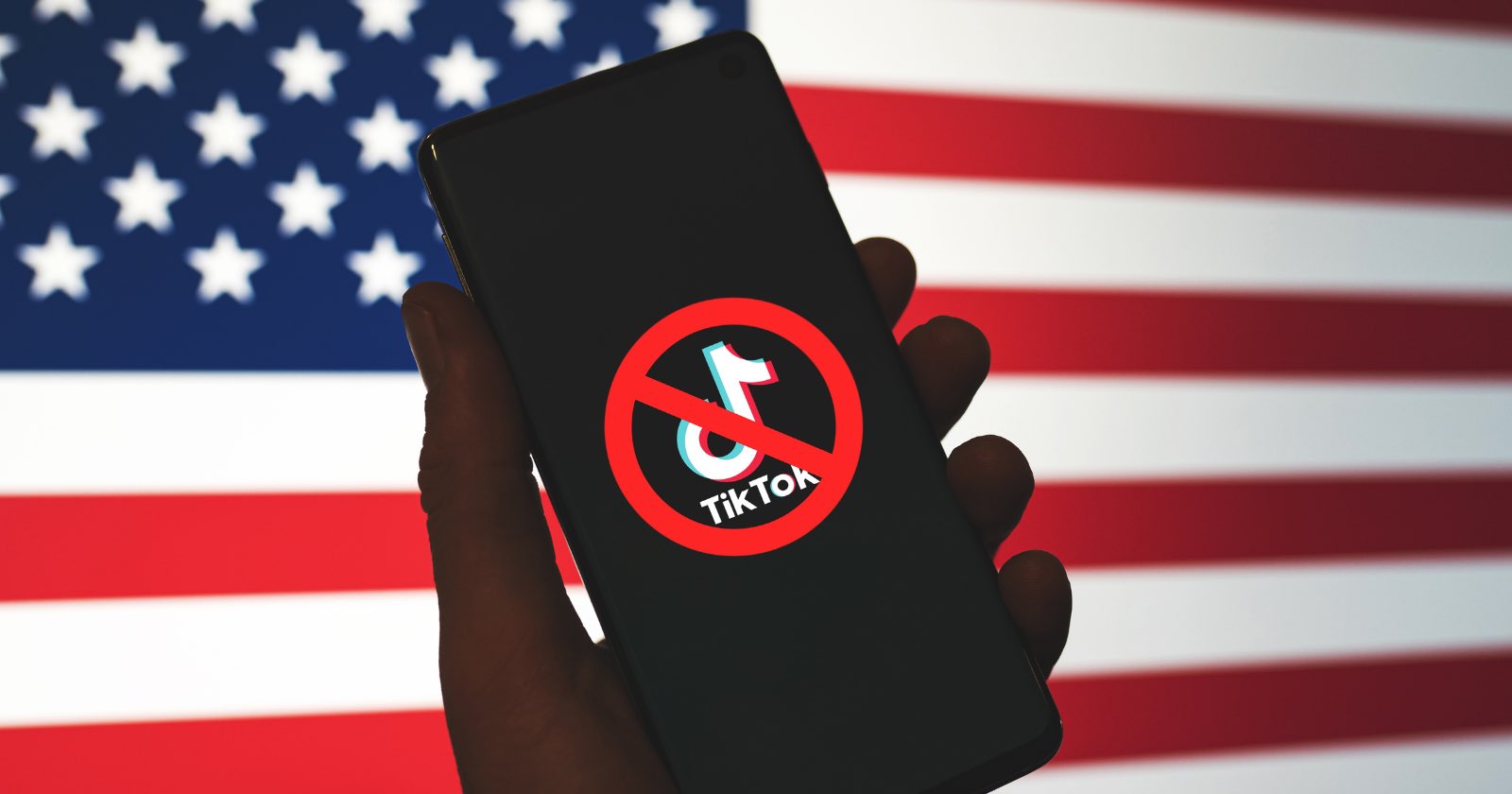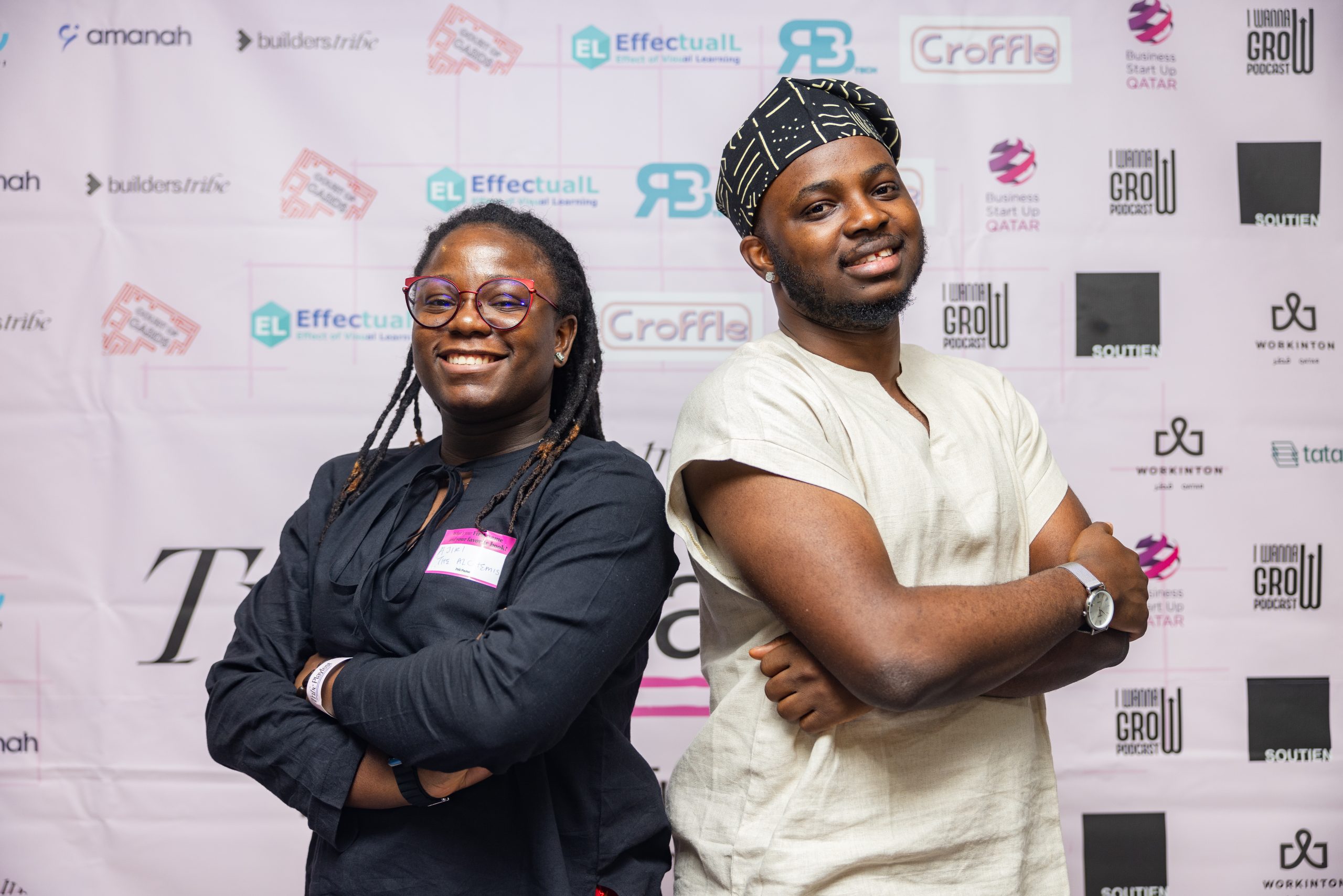Earlier last month, U.S. President Joe Biden signed legislation that will require TikTok’s Chinese owner, ByteDance, to sell the app or face a ban as concerns that the Communist Party of China uses the app for surveillance.
Amid Israel’s ongoing war on Gaza, American politicians, who have long voiced concerns about the risks of TikTok, have seized the opportunity to enact a new law to potentially ban one of the most popular social media apps in the world.
Earlier this month, the U.S. Congress passed legislation — that can be seen as an ultimatum to TikTok’s parent company, the Chinese technology giant ByteDance — to sell to a company that isn’t Chinese within a year or face a ban on the app in the United States.
U.S. President Biden signed the bill into law despite it becoming insanely popular with almost 170 million Americans or about half of the country.
Furthermore, according to the Pew Research Center, one-third of young adults and teenagers get their news from TikTok.
Pro-Palestinian TikTok?
At the height of the war on Gaza, U.S. Senator Josh Hawley of Missouri asked the Biden administration to ban TikTok in part due to how the app has managed content concerning Israel’s genocide on Gaza.
“While data security issues are paramount, less often discussed is TikTok’s power to radically distort the world picture that America’s young people encounter,” Hawley wrote in a letter addressed to Treasury Secretary Janet Yellen, who chairs the Committee on Foreign Investment in the United States (CFIUS), an interagency panel with the authority to block foreign involvement in corporations and markets on specific national security grounds.
Hawley cited a Harvard CAPS-Harris Poll which found that 51% of Americans between the ages of 18 and 24 said they believed the long-term answer to the Israel-Palestinian conflict was for “Israel to be ended and given to Hamas and the Palestinians,” in contrast to older Americans who overwhelmingly support Israel.
The American senator is part of a leading group in Washington that has voiced that TikTok has been pushing pro-Palestine videos into users’ For You pages and quietly “indoctrinating America’s young people against the state of Israel.”
Republican politicians have lashed out at the platform for reportedly deliberately promoting pro-Palestine content in the wake of Israel’s onslaught on Gaza, suggesting that there is a concentrated measure to sway American youth towards supporting Hamas or Palestinians.
However, Tiktok, in a blog post, denied allegations that it has been promoting pro-Palestine content to persuade American opinion.
“TikTok does not ‘promote’ one side of an issue over another,” the release read.
“In the U.S., we have given our third-party Trusted Technology Provider access to TikTok source code to understand if the system is acting as TikTok intends. We are on a path to allowing an unprecedented amount of third-party access to verify our source code and systems, something no other peer company has done,” TikTok added.
Are other countries likely to follow suit?
Simon Chadwick, a Professor of Sport and Geopolitical Economy at Skema Business School, expressed that if TikTok is actually banned, the platform will likely have social, economic, and political effects worldwide.
“TikTok has very rapidly become one of the world’s most popular and most powerful social media platforms; hence, last week’s moves by the U.S. to ban the platform are likely to have social, economic, and political dimensions,” Chadwick told Doha News.
“For instance, Britain’s Olympic squad just signed a commercial deal with TikTok, which creates an awkward juxtaposition now that the U.S. has decided to chase down the corporation. However, as we have seen in the case of Huawei, for the United States’ allies it seems inevitable that the pressure will mount for them to follow Washington’s lead,” he added.
Regarding Qatar, Chadwick voiced that the Gulf country could be caught in between as it shares close relations with America and a growing relationship with China.
“For the likes of Qatar, this could mean that government in Doha will again need to navigate fractious, binary terrain, perhaps by charting a middle way,” the Professor told Doha News.
“Whilst Qatar enjoys close relations with the U.S., it also has a strengthening relationship with China hence Qatari officials must see the TikTok case as one in which it can proactively play a constructive global role. Otherwise, it may find itself being called to take sides in what increasingly looks like a looming geopolitical flashpoint,” he added.
Marc Owen Jones, an associate professor of Middle East Studies at Hamad bin Khalifa University in Qatar, voiced that America’s calls for a ban are hypocritical.
“I think the U.S. TikTok ban, while potentially understandable in terms of fears of data gathering, also smacks protectionism. The U.S. is notoriously unwilling to interfere in its own businesses, including the numerous social media and big tech companies that are used globally and whose data collection practices, and role in spreading hate speech and disinformation have gone relatively unchallenged since 2017,” Jones told Doha News.
“There is an element of hypocrisy essentially the U.S.’ tensions with China are driving the policy while U.S. social media companies remain a problem in terms of data collection and disinformation — especially in the global south,” he added.
If passed, the ban will be the first time the U.S. has passed a law that could trigger the ban of a social media platform, which many civil liberties bodies have condemned.
TikTok has pledged to take the Biden administration to court, arguing the law would suppress the free speech of millions of Americans.







